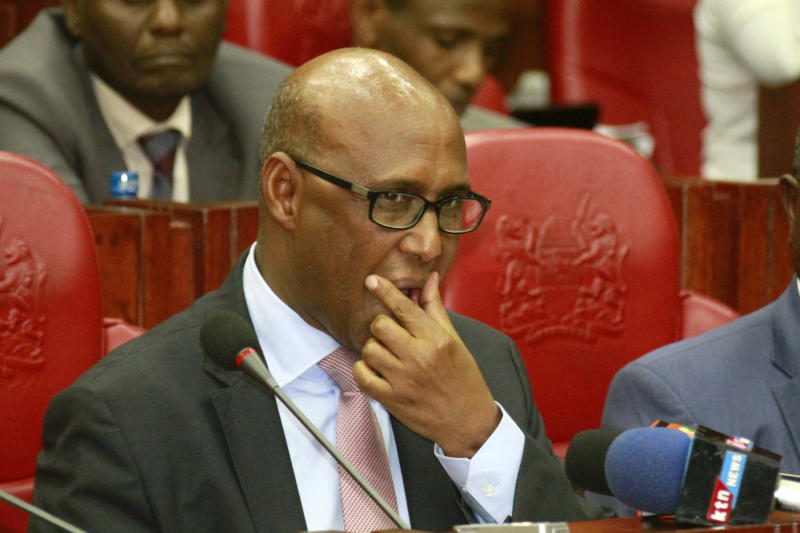×
The Standard e-Paper
Smart Minds Choose Us

The renewed purge against corruption has sparked off a cold war within the Cabinet, as Cabinet Secretaries engage in a blame game that was not common in President Uhuru Kenyatta’s first term in office.
The infighting is evident, as Cabinet Secretaries have openly – though at times in diplomatic language – blamed each other in recent investigations touching on contaminated sugar, Ruaraka land, maize scandal and influx of counterfeit goods.